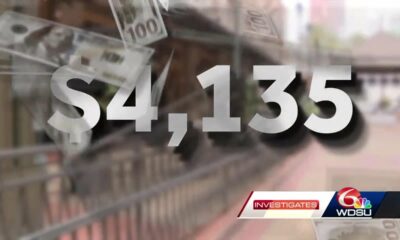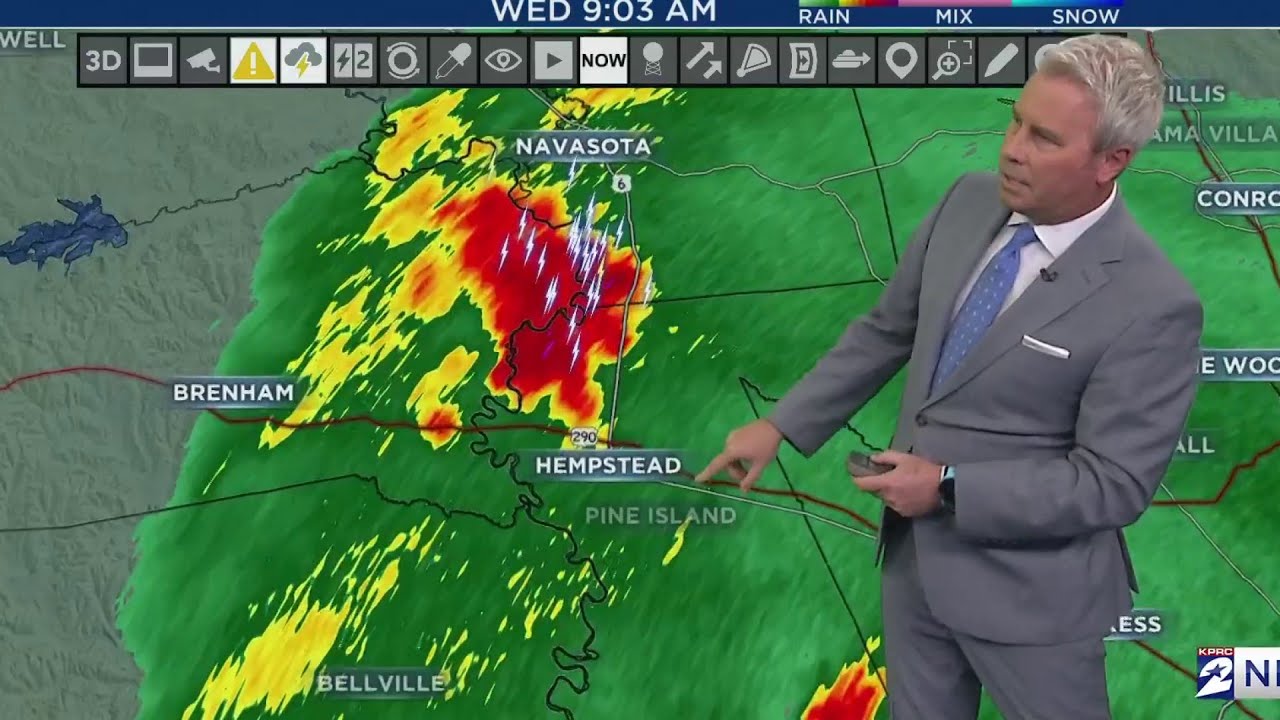(The Center Square) – The Texas Senate has passed a bill described by critics as another corporate welfare handout that gives billions of dollars of taxpayer money to Hollywood and the film industry.
Instead of allocating the money toward additional property tax relief, public school funding or school choice initiatives, Lt. Gov. Dan Patrick identified the measure as a legislative priority.
Senate Bill 22, filed by state Sen. Joan Huffman, R-Houston, passed the Texas Senate with bipartisan support by a vote of 23-8.
It would create a biennial transfer of $500 million to the Texas Moving Image Industry Incentive Program over 10 years to “ensure that funding remains consistent over the next decade,” according to the bill’s legislative analysis.
“For every dollar paid in a grant, $4.69 is spent in-state, according to the Office of the Governor,” Huffman said when advocating for the bill on the Senate floor.
The program provides cash grants to qualifying productions based on how much money they spend in Texas. It also creates additional grants for “Texas Heritage,” filming in rural areas, for faith-based films, Texas veterans, among others.
Applications can be denied for “inappropriate content or content that portrays Texas or Texans in a negative fashion, as determined by the office;” projects are required “to consider general standards of decency and respect for the diverse beliefs and values of the citizens of Texas when determining whether to act on or deny a grant application,” according to the analysis.
Several types of productions are prohibited from receiving the grant, including pornography and obscene material, political advertising, religious services, among others.
Recipients are required to hire Texas residents for at least 35% of their paid crew and cast, which increases to 50% by 2031, and to complete 60% of the production in Texas.
The legislature first created the Texas Film Commission in 1971. The film incentive program was created in 2007 under former Gov. Rick Perry, which required at least 70% of a paid cast and crew to be Texas residents and at least 80% of a production to be filmed in Texas.
Hollywood and film production companies also receive tax credits through another program created in 2009, the Media Production Development Zone Program. This allows companies to be exempt from paying sales and other taxes that spend money on construction, media production facility improvements, hotel rooms, and other services in the zone.
Patrick argues the program creates jobs and revenue in Texas.
“In the last two years, an audit of productions in Texas, including movies, TV shows, and commercials, discovered that for every dollar spent on incentives for the film industry, nearly five dollars was generated for the Texas economy. That is an incredible nearly 500% return on the state’s incentive package,” he said. “The incentive money is only spent on expenses incurred in Texas and goes to the Texas residents hired to do the many jobs on a film set, including carpenters, painters, electricians, truck drivers, and more.”
He also claimed the program is “an opportunity for us to export Texas faith and family values to the rest of America and the world while growing our economy and enriching Texas workers.”
In a a commercial, multi-millionaire Hollywood actors advocated for the taxpayer payout, including Woody Harrelson, Matthew McConaughey, Dennis Quaid, Billy Bob Thornton and Renée Zellweger.
Fiscal conservatives in the Texas House have balked at Hollywood elites and multimillionaires lobbying for Texas taxpayer dollars. State Rep. Andy Hopper, R-Decator, said, “The success or failure of this venture does not, and should not, depend on government forking over your hard-earned money. Hard nope.”
The Texas Public Policy Foundation has long advocated against corporate welfare programs and for ending the film incentive program. It points to reports that show “the incentives had little effect on where the productions were shot.”
“Texas did not become an economic powerhouse because it mimicked the corporate welfare policies of New York and California,” TPPF argues. “It succeeded because of its willingness to carve its own pathway and implement policies that trusted competitive markets and the appeal of low taxes.”
















































